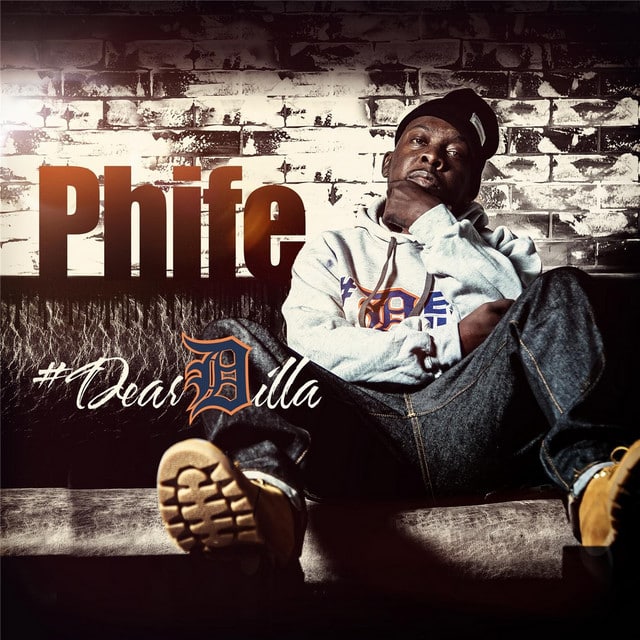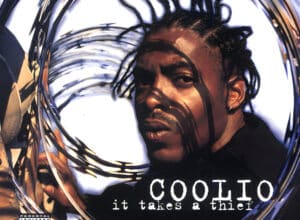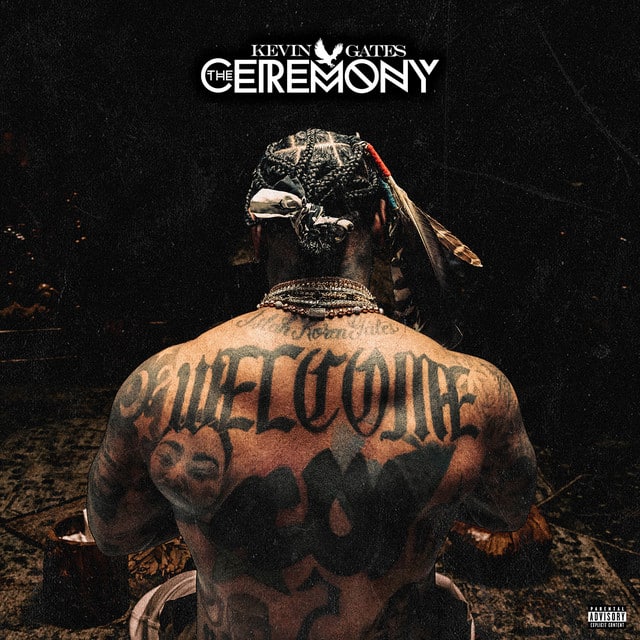Released: 2014
“Dear Dilla” by Phife Dawg is an emotionally stirring tribute to the late hip-hop pioneer J Dilla, as Phife vividly combines personal experiences with sharp critiques of the state of hip-hop. The overarching theme of the song is the deep respect and admiration Phife holds for Dilla, coupled with a profound sense of loss and longing for the golden era of hip-hop they both were central figures in.
The first verse has Phife sharing a powerful dream about him and Dilla in the same hospital room back in 2005. The famed MPC (Music Production Center) pulled out by Dilla symbolizes his dedication to the art, even in the face of serious health issues. When Phife says, “Nothin’ ever phased you fam, and for that, I miss you”, he’s expressing deep admiration for Dilla’s unflinching spirit. He follows this with a universal shout out, calling on Detroit (D-Town), New York City (NYC), and the whole world to remember and honor Dilla’s contributions.
Phife then addresses what he perceives as the degradation of hip-hop – carbon copy MCs stealing intros, posing hard but lacking authenticity, the focus on hooks rather than substantial lyrics, embodied in his line “They livin off of hooks, skinny jean crooks”. His critique extends to the commercialization of the genre, condemning those benefiting off Dilla’s legacy without acknowledging his family.

The second verse sees Phife voice his grievances regarding the direction of hip-hop once again, this time criticizing vapid club playlists and lip-syncing performances. His mentioning of past greats like the King of Pop and Barry White rolling in their graves is a poignant lamentation of the decline in quality he perceives in contemporary music.
In the final verse, Phife highlights Dilla’s unique production style, asserting his beats were always fresh, and not “recycled”. He notes that many try to replicate Dilla’s style, showing the profound influence of Dilla. But, he criticizes those profiting from Dilla’s legacy without supporting his family, highlighting the often exploitative nature of the music industry.
“Dear Dilla” ends with Phife signing off with an acknowledgment of his Tribe Called Quest roots and the people who contributed to the song, reflecting his respect for the communal nature of hip-hop. It’s a fitting conclusion to a track that’s not just about personal loss and respect, but a call to cherish the roots and essence of hip-hop.






